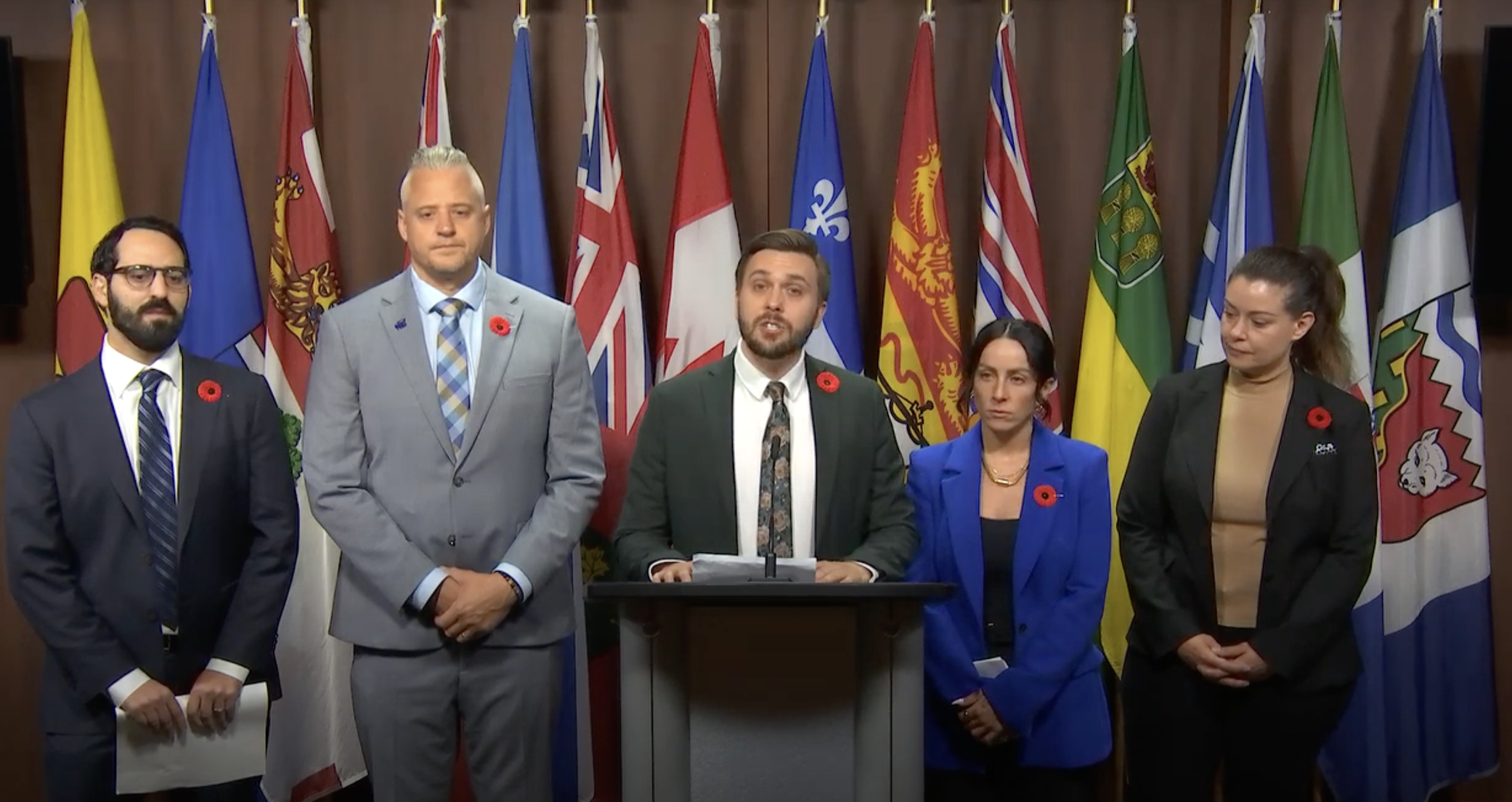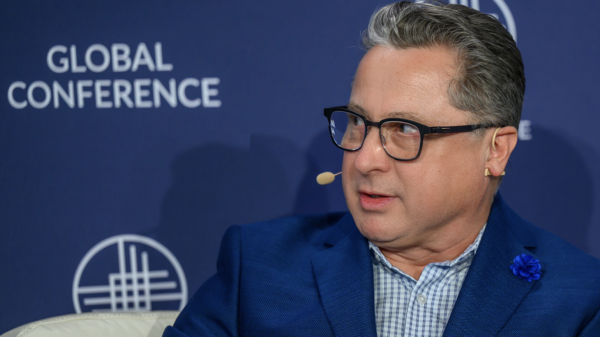Canada’s one and only psychedelics trade association posted a bulletin this week calling on candidates for the prime minister’s office to make psychedelic medicines more easily accessible. With the federal election approaching it was an opportune time, the organization felt.
For the past four years the Trudeau government has shown little interest in doing so, Psychedelics Canada highlighted, despite a growing body of evidence showcasing the efficacy these treatments can have.
“Instead of offering patients hope — and relief for a strained healthcare system grappling with a worsening mental health and opioid crisis — the Trudeau government has lately chosen inaction,” Psychedelics Canada (PsyCan) Executive Director, Liam Bedard, said.
PsyCan is deeply concerned that Canada is falling behind in the psychoactive therapeutics sector in comparison to countries like the United States and Australia. In the U.S., Oregon and Colorado have fully legalized psilocybin therapy while other states like Washington and California have implemented progressive decriminalization measures.
Meanwhile, Australia now benefits from an Authorized Prescriber Scheme enabling the physician-recommended usage of magic mushrooms and MDMA.
The only means of legally accessing psychedelic therapies in Canada at the moment is through the nation’s cumbersome Special Access Program (SAP), clinical trials or a Section 56 exemption. Few ever receive SAP authorization or a government exemption.
“This election offers all parties the chance to re-set and chart a course for the future,” PsyCan Board Chair, Nick Kadysh, said. “If Canada wishes to be globally competitive, we have to bring new treatments into the healthcare system to help patients.”
Read more: ‘Snowball Cubensis’ psilocybin strain turns heads, completely unique
Read more: PsyCan aims to be ‘go-to’ psychedelics industry organization, receives support from lawmakers
Lack of progress leaves investors disappointed, Kadysh says
In a recent interview, Kadysh explained that a lack of government progression in regulating psychedelic treatments has left many investors disillusioned and frustrated.
“I think that there was a huge boom about three, four years ago now where, really and truly, there was probably too much investment,” he explained, “like way too much investment.”
This “left a sour taste in the mouth of many investors about the psychedelics sector” Kadysh highlighted.
He currently serves as the CEO of Pharmala Biotech Holdings Inc (CNSX: MDMA) (OTCMKTS: MDXXF) — one of the world’s leading MDMA producers. PharmAla has supplied clinical trials in multiple countries with its GMP product.
Toronto-based PsyCan, which Kadysh helps lead, recently partnered with Psychedelic Industry UK (PsyIndUK) in Britain and the Psychedelic Medicine Coalition (PMC) in Washington D.C. to work toward mutual goals.
“PsyIndUK, PsyCan, and PMC remain committed to creating a future where psychedelic medicine is accessible, safe, and effective for those who need it most,” PMC founder, Melissa Lavasani, said on Jan. 29.
MAPS Canada, the non-profit TheraPsil and Heroic Hearts Project are notable advocacy partners of PsyCan.
Last fall, Bedard led a press conference calling on government regulators to provide funding for veterans seeking psychedelic therapy for mental health disorders.
I recently had the privilege of standing with combat #veterans at a press conference at the Parliament of Canada calling on Veterans Affairs Canada to fully reimburse the cost of life-saving #psychedelic-assisted therapies for veterans.
Watch in full: https://t.co/To30EeP2Ib pic.twitter.com/Ey5josGUOG
— Liam Bedard (@BedardLiam) November 12, 2024
Read more: Afghanistan Veteran gets Health Canada approval for psilocybin treatment from Apex Labs
rowan@mugglehead.com













